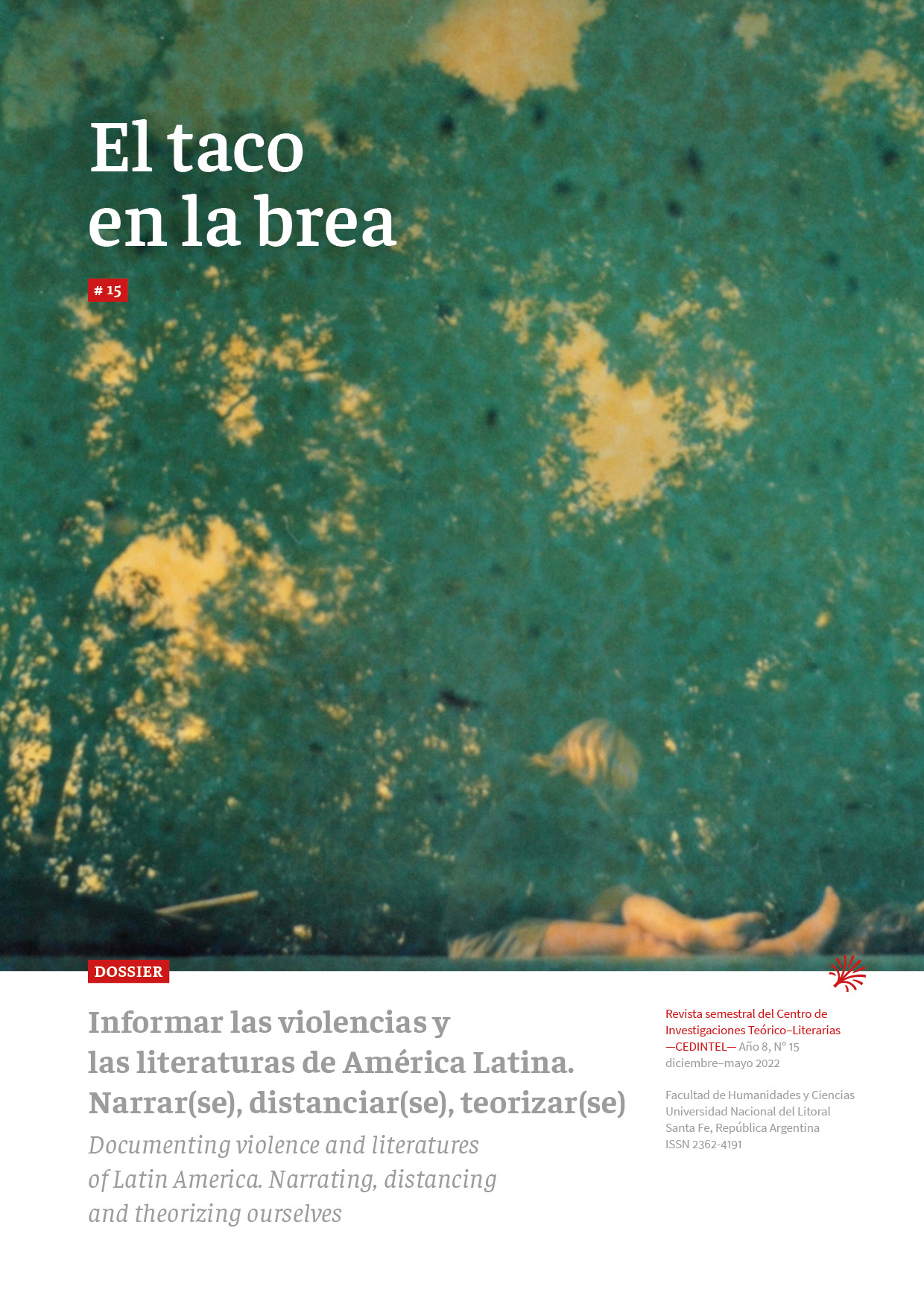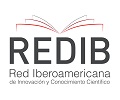Voces infantiles en El cementerio más hermoso de Chile, de Christian Formoso
DOI:
https://doi.org/10.14409/tb.2022.15.e0067Palavras-chave:
Formoso, infancia, experiencia, violencia, poesíaResumo
El cementerio más hermoso de Chile (Christian Formoso, 2008) es un poemario que condensa la conquista de la región magallánica y la historia de Chile en las voces de personajes que habitan el Cementerio Municipal Sara Brown de la ciudad de Punta Arenas. Sus versos desnudan la crudeza de la historia pero su densidad poética trasciende el testimonio y prescinde de la verosimilitud para, no obstante, constituir un relato literario de la violencia en Latinoamérica. Este trabajo propone una interpretación de dicha densidad en clave filosófica, concentrándose en uno de los sectores del cementerio, que es uno de los múltiples planos de la poética de la obra. Se trata de las voces infantiles que hablan en las Canciones para los niños muertos y las Canciones para los niños muertos en los basurales. El carácter de la infancia y su ser experiencia se revelan en los relatos de estos niños para decir el horror —no de la muerte, sino de la violencia de los vivos.





















